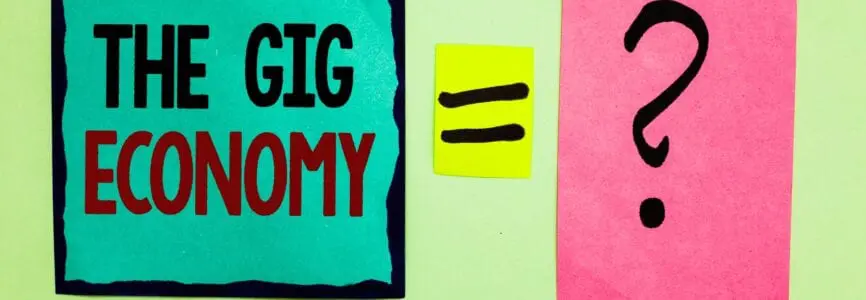Bioethics Forum Essay
Coronavirus Response Is Insufficient for Vulnerable New Yorkers
Like most New Yorkers, I take the subway to work. I commute from Brooklyn to my office in Manhattan. By the time I get on the train, there are no seats available. It is nearly assured I will be standing inches away from a stranger.
Being in tight spaces is a reality that has faded into the background of my life, and we New Yorkers don’t think twice about it. Now we face a significant threat to public health: Covid-19 is here, and it’s likely not going away any time soon.
The Centers for Disease Control and Prevention recommends that individuals wash their hands frequently; have food, medicines, and other necessities at home; avoid touching their faces; stay home if they get sick; and avoid close contact with people who are sick. The New York State legislature approved $40 million in emergency funding to combat the outbreak and expand Governor Cuomo’s authority to respond to COVID-19 and other outbreaks. The Metropolitan Transit Authority, the country’s largest public transit system, is instituting new cleaning protocols. In a press conference this week, Governor Cuomo promised to prioritize treating elderly and immune-compromised people. The CDC is allowing New York City to build up its testing capacity, without having to send testing to facilities outside of the city.
These steps are important, but they aren’t sufficient to protect the most vulnerable among us. New Yorkers need specific guidance that takes into account the realities of urban life in an outbreak. Community-centered guidance must be the top priority.
New York City is home to the largest population of independent workers in the United States. This includes ride share and cab drivers, freelancers, and performers and artists. Many of these individuals supplement their income with part-time work in the service industry, which often does not guarantee sick time. Those who do get paid sick leave must work 30 hours before accruing a single hour of sick time. When they take paid sick leave, they miss out on tips, income that minimum wage workers rely on to make ends meet. According to the latest available data, approximately 8% of part-time workers in New York State are uninsured; many more struggle to afford health care costs, even with insurance. All of the above assumes that these workers are citizens or legal immigrants: undocumented workers face even greater challenges, especially as fears about detention and deportation are very real.
Without paid sick leave or the ability to afford health care, a significant portion of our population shows up to work when they are sick. Those in the gig economy are the most vulnerable to getting sick and the most likely to get others sick. It’s not easy for these workers to self-quarantine and seek medical care in the absence of guaranteed paid sick leave.
And even if they wanted to seek medical attention, they risk infecting others by the very nature of travel in New York City. Should they take the subway or bus to a clinic? Should they get an Uber and risk infecting the driver? If Uber drivers—workers in the gig economy—are sick, they risk getting their passengers sick as well.
There are many more questions: If my roommate gets sick, do I stay home, too? How can the city rapidly trace contact when exposures happen on public transit? What’s the risk of an infected pregnant or lactating woman passing Covid-19 to her baby? When and where should people seek medical attention?
Mayor DeBlasio has suggested that residents call 311, should they need to seek medical attention, assuring residents that they should call regardless of whether they are insured and can afford to pay. And Governor Cuomo has directed insurers to waive fees for Covid-19 testing. But without guaranteed paid sick time and free emergency health care for uninsured workers, many people won’t seek medical care in the first place. It is a moral imperative for New York State to guarantee health care for all its residents, including the many undocumented residents in the workforce, especially during an outbreak. Without strong protections and guarantees to those who struggle to make ends meet, the city may undermine the best public health efforts to damp down the epidemic.
Kelly McBride Folkers, MA, is a senior research associate at the Division of Medical Ethics at the NYU Grossman School of Medicine. Twitter: @kellyfolkers
For additional information and ethics resources on the Coronavirus, please visit our Ethics Resources page:
https://www.thehastingscenter.org/ethics-resources-on-the-coronavirus/














Bravo, Kelly McBride Folkers! couldn’t agree more. But it’s not just New York that needs to act. We need a federal law. The failure to uphold universal access to healthcare, whether by Medicare for All or Medicare for All Who Want It or the ACA with a public option, is not merely cruel. It’s dangerous to the public’s health, as we readily see in a time of pandemic.